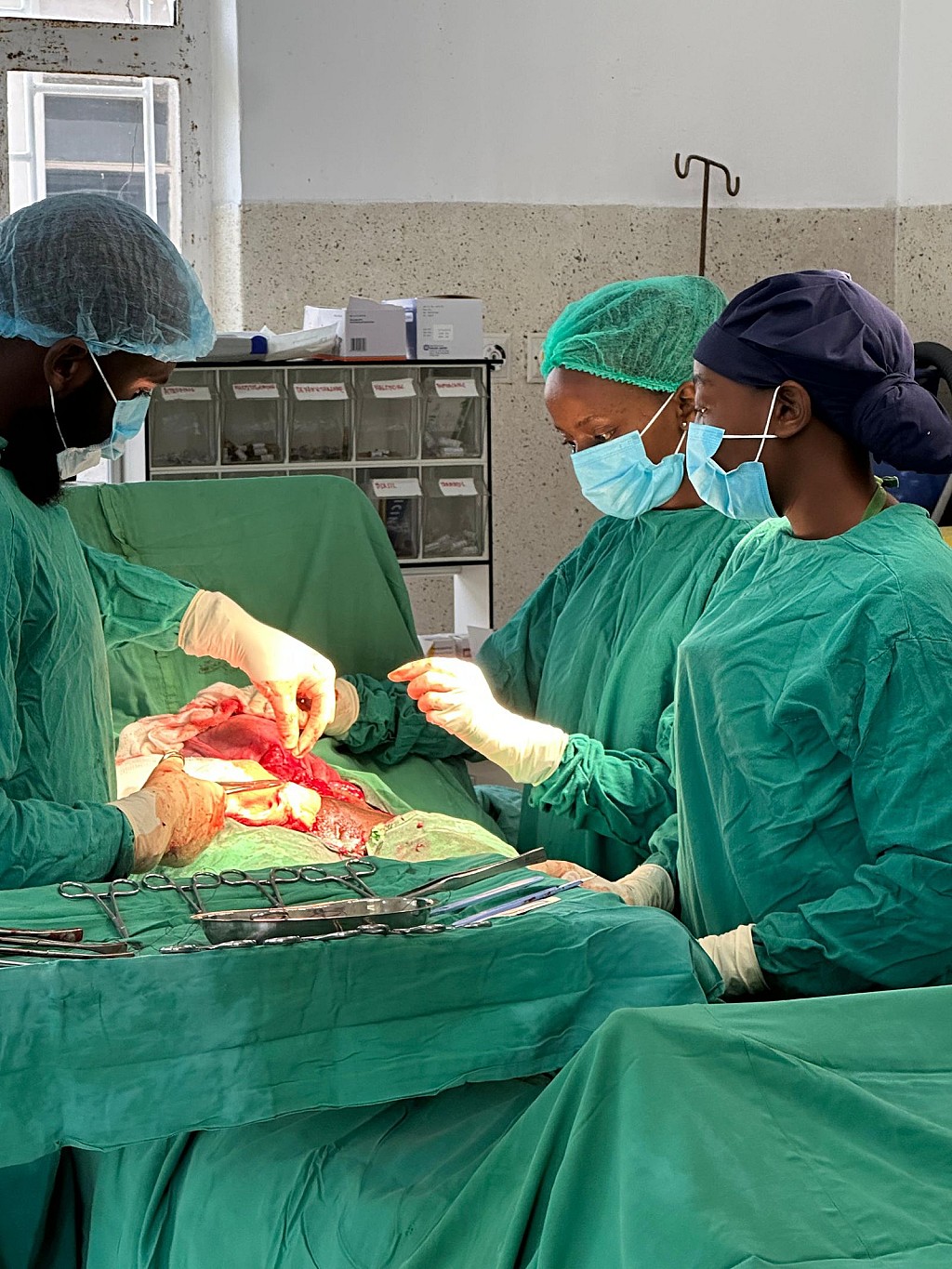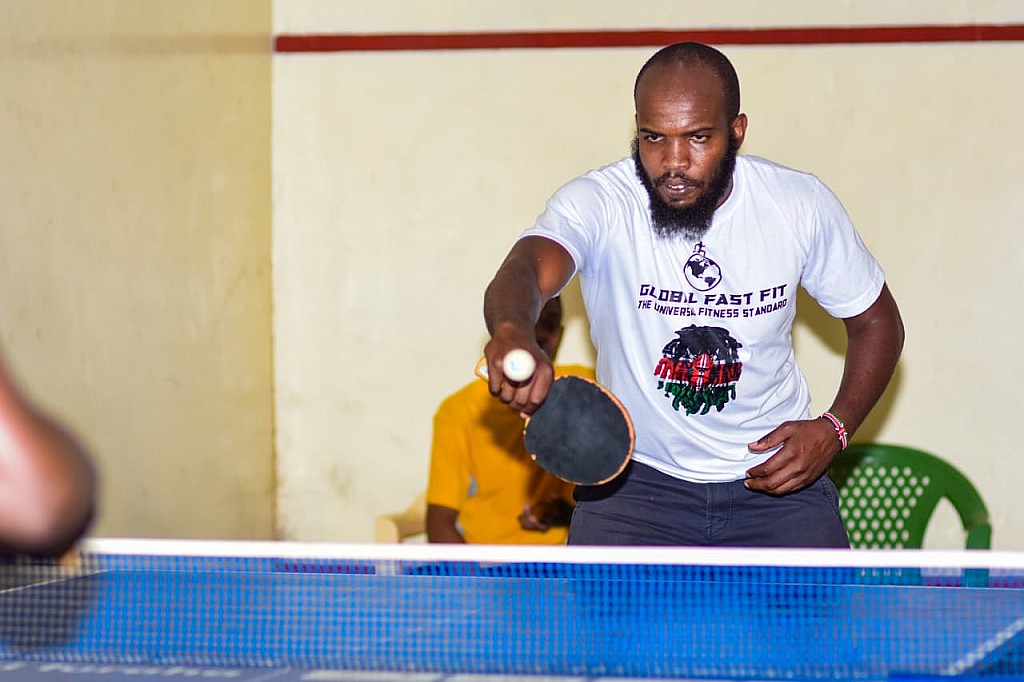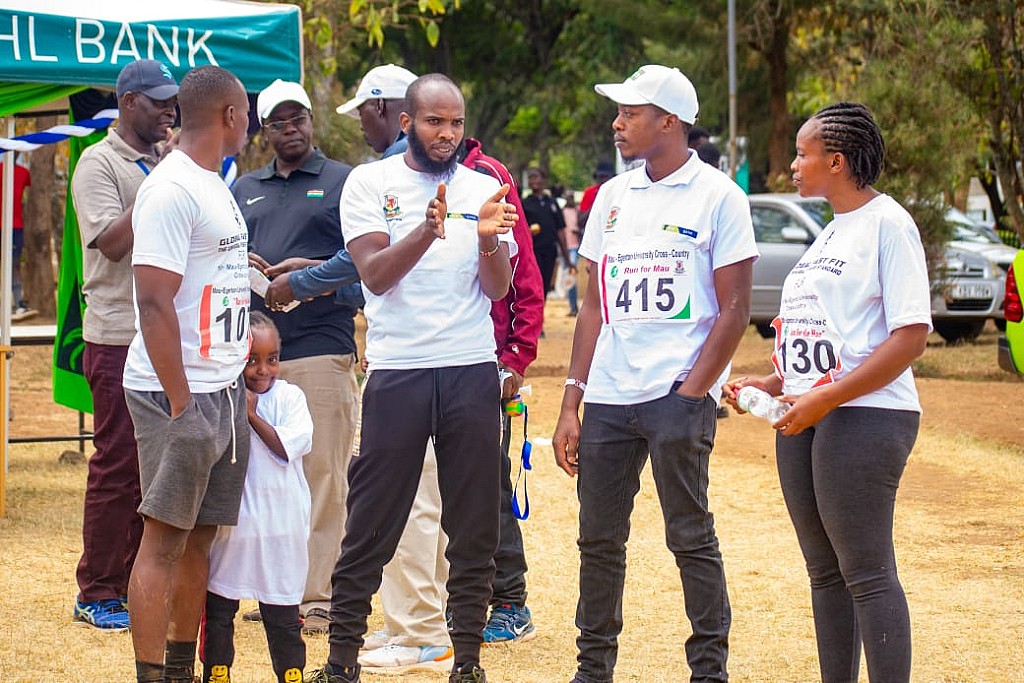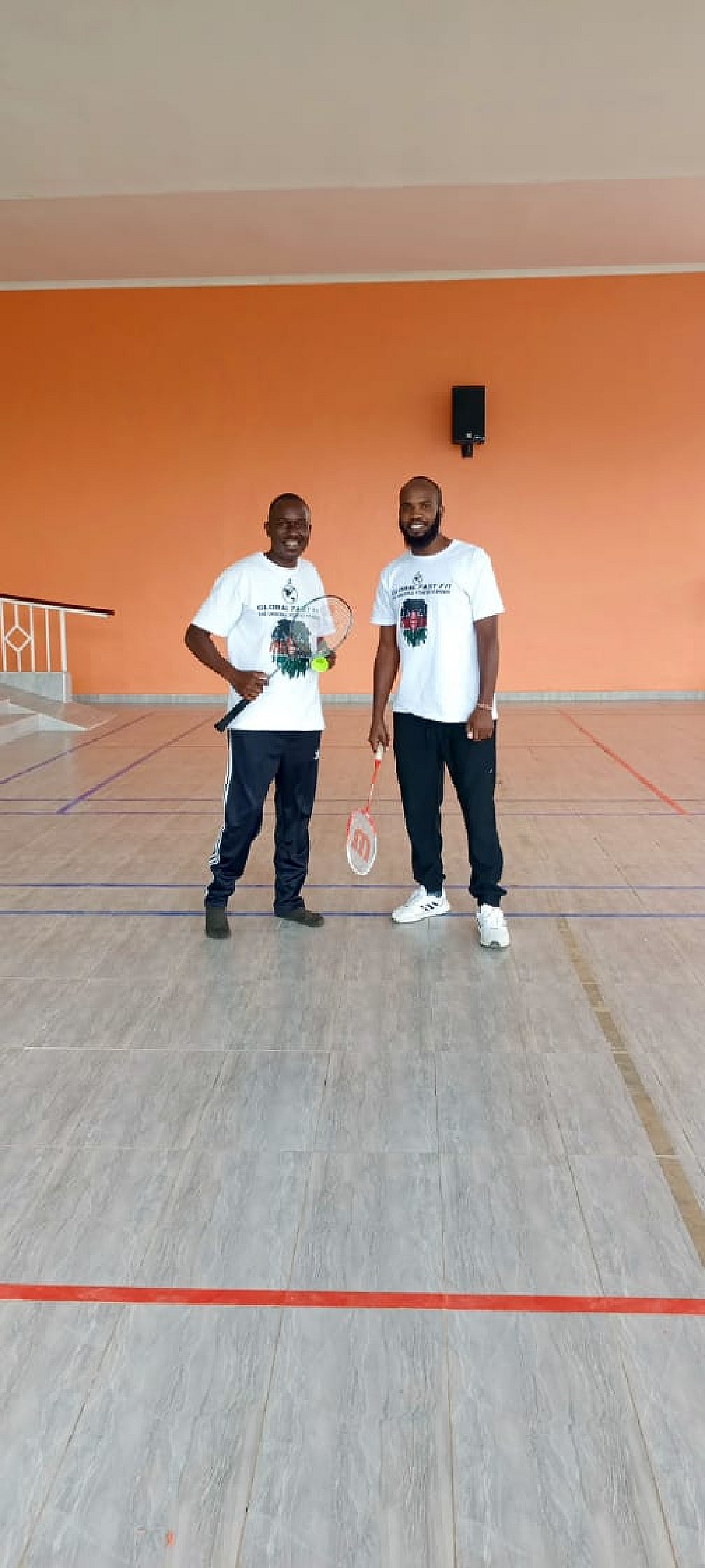Gratitude
Dr. James Muchiri , Kenya Oct 06, 2025
Someone asked me the other day what my most valued trait is. Without hesitation, I said gratitude. That answer wasn’t born on a poster or inside a self-help book; it came out of a season that felt like a long, badly told joke.
I was a medical superintendent with an impressive title but no salary. For twelve months I worked without pay because I’d found myself on the wrong side of a tumbocratic county administration — and apparently, I needed to be “taught some manners.” My wallet had a Do Not Resuscitate order, yet my phone still lit up with wedding, funeral, and graduation committee requests. They weren’t bad people or greedy groups; those committees were part of the fabric of the community. It was only the timing that was off — their optimism about my contribution collided head-on with my empty bank account. I’d laugh when the messages came in because there was nothing they could extract from me. On their spreadsheets, my contribution must have read “thoughts and prayers.” That was my dark comedy channel at the time, and somehow it kept me sane.
Looking back now, I can see what was happening. My psychiatry teacher, Dr. Atwoli, used to tell us that depression is when life literally loses its colour and turns black and white. At the time I didn’t realise that was exactly what I was slipping into. It didn’t happen suddenly; it was gradual. Days that had once felt normal became dull. Food tasted flat. Music turned into noise. I still went to work, still signed charts, still cracked the odd joke — but I wasn’t really there.
It’s very much like the old frog fable: if you put a frog in boiling water it jumps straight out. But if you put it in cool water and slowly heat it up, it stays until it’s cooked because it doesn’t notice the danger. Depression works the same way. The “water” warms so gently you hardly notice. You just keep functioning while losing more and more of yourself. Sometimes you get out early. Other times you get out just in time. Looking back, that was me — still doing my job, still appearing “fine” on the outside, but quietly shrinking inside without realising it.
To cope, I withdrew. Isolation became my shield. The weight crept on and I slowly lost touch with who I was. My world shrank to work and walls. Solitude is tricky: at first it feels like safety, a quiet place where no one can demand anything from you. But over time it starts to bend you. With no outside voices, you lose perspective; you start replaying the same thoughts over and over until they harden into truths. Days blur into each other. Small problems feel huge. Your confidence shrinks because there’s no feedback except your own self-criticism. Yet there’s another side to it too. In the middle of all that stillness, once the noise dies down, uncomfortable truths get loud. You start to see patterns — in yourself, in others, in your environment — that you were too busy to notice before. Solitude can damage you if you stay in it too long, but it can also act like a mirror if you use it carefully. That’s what happened to me. My brain, which had felt dulled for months, started to feel like a tool again — rusty, yes, but still capable of being sharpened if I could just start using it differently.
One morning, I made a decision: “I must be more generous.” I had no money to give, but I still had knowledge. So I posted a simple WhatsApp status: “Free health consultations.”
The sheer volume of calls that streamed in was unbelievable. Each story was a rollercoaster — some heartbreaking, some hilarious, some unexpectedly beautiful. By evening I was tired in a clean way — the kind of fatigue that feels earned. And it hit me: even at my “rock bottom,” there were people living beneath it. That’s when I made the second resolution: be more grateful.
I kept going, then scaled to once a week before compassion burnout could sneak in wearing a friendly face. The strange alchemy of giving took hold: I offered what I knew, and it returned as something I had forgotten — relevance, connection, the sensation of being placed correctly on the map. Gratitude changed my posture. It didn’t fix the arrears; it fixed my angle toward the light.
At around that time, I reconnected with John Groom — the founder of Global Fast Fit. John is young for his age, a bundle of bright contradictions: methodical yet with a streak of stubbornness, a perfectionist, stylish, intelligent, relentless. He’s blunt enough to spare you confusion, precise enough to save you time. He dresses like calendars are watching and speaks with the tensile clarity of someone who has argued with first principles and won. He could take an ordinary conversation and turn it into a strategy session, then pivot and make you laugh in the same breath.
Years earlier, while I was still on campus, he had given me a job. That moment felt like a direct payoff from my childhood. As a young boy my father and I would sit with Brighter Grammar books, line by line. He emphasised the importance of good communication and clarity of thought, even when I was barely tall enough to see over the table. Those sessions built habits that later helped me write, speak and present myself — and those same skills opened the door to that first job with John Groom.
I looked up to John — not in the worshipful way that melts accountability, but in the respectful way that sharpens it. He travelled widely, lived boldly, and carried himself as though life itself was a canvas to be painted on his terms. Being around him made you want to step into a bigger version of yourself.
The journey with him has been transformative, not because it erased my struggles, but because it reframed them and showed me what could be built from them.
I’m exercising more. I’m learning table tennis. I’m working in a challenging but stimulating role as a medical consultant and regional manager for Global Fast Fit. I’m eating healthier. These small changes are building a very different daily rhythm from the one I had at rock bottom. They’re not dramatic, but they’re steady, and together they’re giving me back energy, confidence and purpose.
I’m still human. Some mornings I’m trying to be a functional adult and forgetting how. Some afternoons old habits win. But more often the direction is forward. The work is making sense. The coat is lighter. Becoming the Doctor of Free isn’t draining me; it’s giving me back purpose.
I’m still recommending rest, water, movement and a short list of medicines. But I’m also quietly prescribing the things saving me: clarity, gratitude and usefulness. They’re free, non-addictive and the refills are unlimited.
The brain is remarkable. It can break in complicated ways, but it can also repair itself while still working. That’s the gift I’m learning to appreciate. Mine isn’t perfect, but it’s sharper now and it’s remembering what it’s for.
Have a gratitude-filled October! Won’t you?
Login to Comment
 Login with Google
Login with Google
 Signin with Apple
Signin with Apple




Well that moved me to tears!